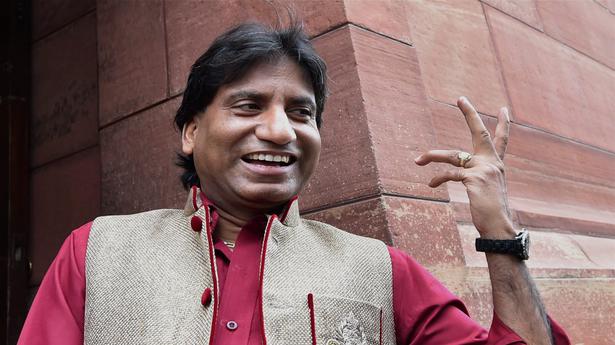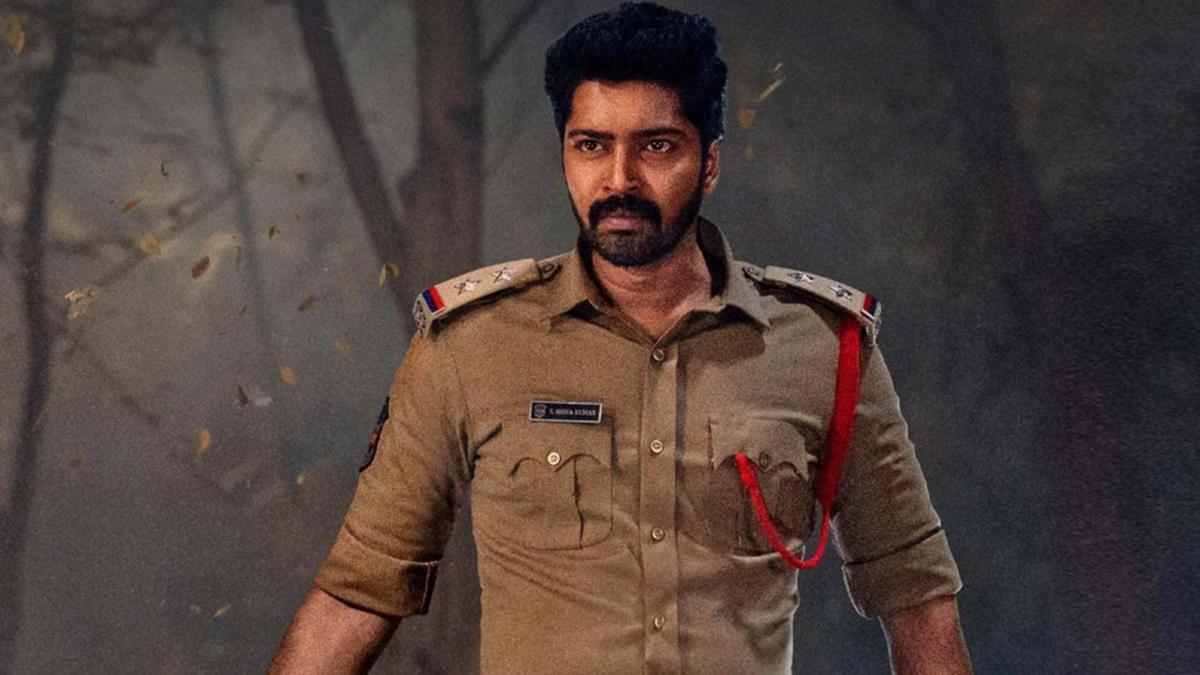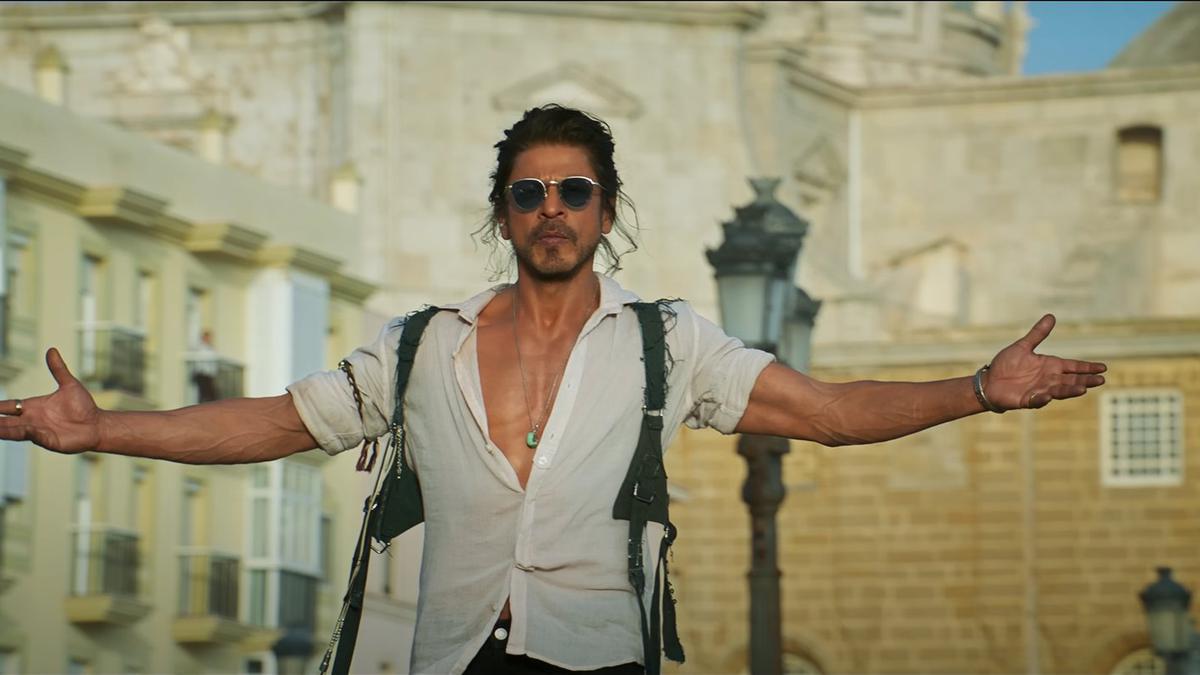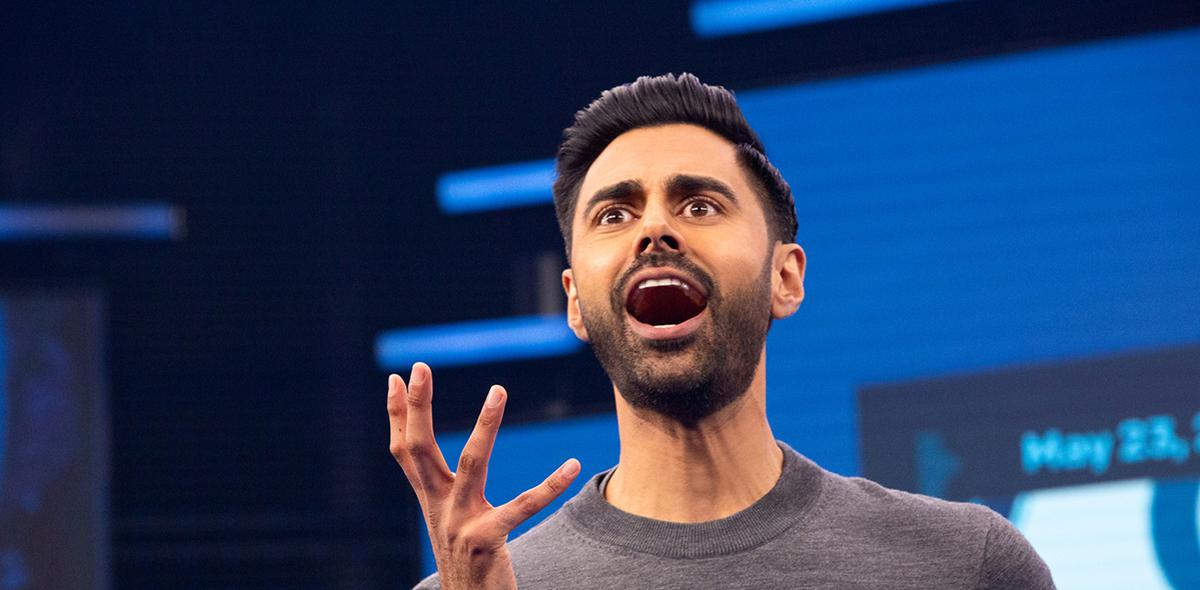Raju Srivastava found humour in everything that affected human lives, but never allowed comedy to become political commentary and retained the innocence of the art form
Raju Srivastava found humour in everything that affected human lives, but never allowed comedy to become political commentary and retained the innocence of the art form
One of the foremost comedians of India who found humour in the smallest of real-life experiences, Raju Srivastava, 58, passed away in Delhi on Wednesday more than a month after he suffered a heart attack. He was admitted to the All India Institute of Medical Sciences and was on ventilator support for the last 41 days. He is survived by his wife Shikha and two children.
Hailing from Kanpur, Raju, whose official name is Satya Prakash Srivastava, was known for bringing an endearing quality to his observational comedy, where he could make the most incisive of comments without hurting the sentiments of the subject. Until the end, he retained the image of the boy-next-door who kept the community in good humour.
Raju grew up in the culture of poetic soirees which his father, a government servant and poet, used to attend. In one of those soirees, a neighourhood uncle introduced him as ‘Raju’ and the name stuck. The grooming helped Raju in writing his own sets and steer clear of vulgar innuendos. His father’s support allowed his dreams to take wings, and he shifted to Mumbai in the early 1980s.
Those were the days when stand-up comedy had yet to find roots in India, but Raju could mimic film stars and soon emerged as a talented artist who could copy Amitabh Bachchan. Alongside Johnny Lever, who was an established name at that time, Raju became a regular feature on Doordarshan shows and film award functions, and worked as a filler during music concerts by prominent singers.
At the turn of the millennium, when the genre of stand-up comedy reached Indian shores with The Great Indian Laughter Challenge and several spin-offs, Raju’s career saw a spike and he won the title of the ‘King of Comedy.’ The shows gave Raju the opportunity to move beyond the mimicry of Bollywood stars and bring his skill at observational humour to the stage.
It also gave a new life to his character of Gajodhar bhaiyya, a simpleton villager whose witty comments on the issues of rural India in the dialect of Eastern Uttar Pradesh and Bihar, struck a chord with a pan-Indian audience. With Gajodhar, Raju successfully inverted the gaze and told the metro audience how a villager looks at their shenanigans. He always maintained that the majority of people living in big cities are migrants from villages who have lost touch with the grassroots, but yearn to go back in time.
He could find humour in animal behaviour and even inanimate objects. Be it a yawning cow at a small town crossing, the experience on a train and a wedding buffet, or a ticking bomb waiting to explode, Raju found humour in everything that affected human lives. From Mamata Banerjee and Lalu Prasad Yadav to Baba Ramdev, big names featured in his sets but, Raju never allowed comedy to become political commentary and retained the innocence of the art form.
There was a time when general entertainment channels used to run his old shows for hours to spike the TRP ratings. From Maine Pyar Kiya and Baazigar to Journey Bombay to Goa, Raju featured in several films but unlike Lever, Raju’s real-life image had become so strong that people hardly accepted him as a sidekick for comic relief. He also participated in Bigg Boss and Nach Baliye, where his comic timing overshadowed the skills required for the reality shows.
In the last decade, Raju turned to social work and politics in Uttar Pradesh and used his skill to drive cleanliness and COVID-19 vaccine campaigns of the government. He joined the Samajwadi Party in 2014, but soon shifted allegiance to the Bharatiya Janta Party and was appointed as an ambassador of Swachch Bharat Abhiyan by PM Narendra Modi. In 2019, Raju was appointed chairman of the UP Film Development Council and he actively worked to realise Chief Minister Yogi Adityanath’s dream to create a world-class Film City in Greater Noida.






